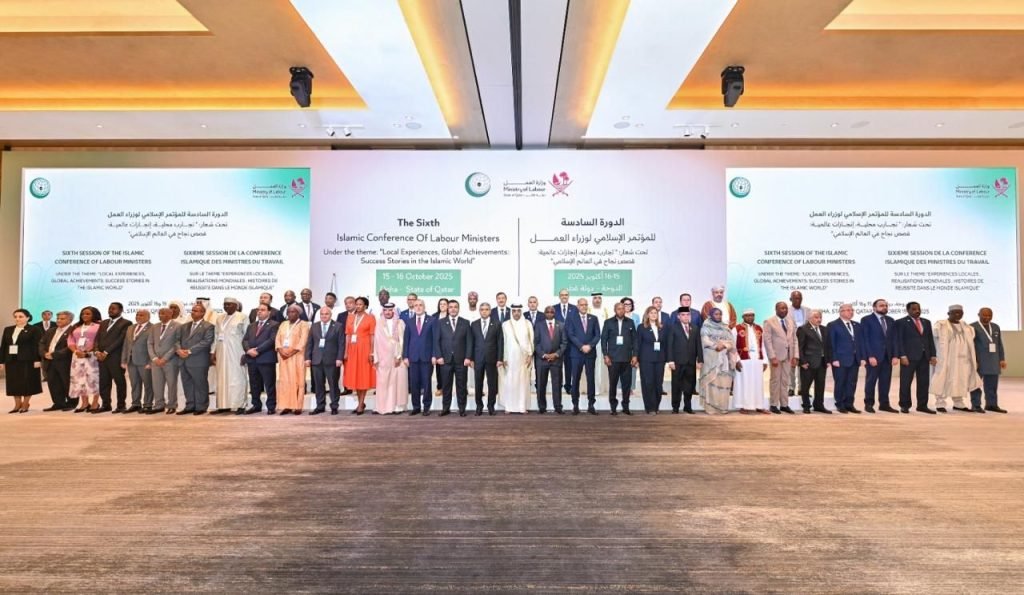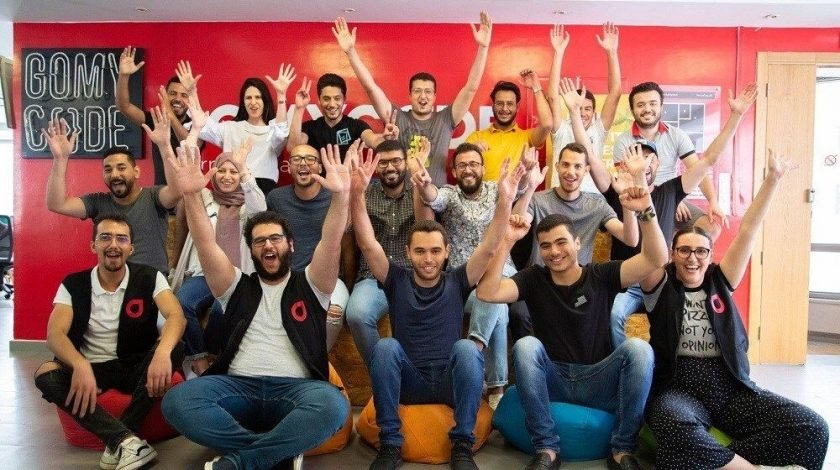Forging a Future of Work in the Islamic World
The grand halls of the conference were filled with the formal language of diplomacy, but in the quieter moments and exclusive discussions, a more urgent story unfolded. On the sidelines of the 6th Conference of Labour Ministers from the Organization of Islamic Cooperation (OIC), the real work was happening in handshakes and hopeful conversations about the futures of millions of young people.
The high-level gathering, hosted by Qatar, brought together over 50 nations, but for ministers like Tunisia’s Riyadh Chaoued, the statistics are deeply personal. For him, the central challenge isn’t just an agenda item—it’s the specter of youth unemployment that haunts nations across the Islamic world.
“We cannot ask a single young person to build their future alone. It is an impossible task,” Minister Chaoued shared in an exclusive conversation with Qatar Tribune, his voice firm with conviction. He spoke of a generation in waiting, particularly in underdeveloped regions, whose potential is a national resource that cannot be wasted. His solution is a collective one: structured programs, driven by the private sector and supported by worker unions, that do more than just create jobs—they weave young people into the very fabric of their societies, ensuring lasting stability.
But his vision extends beyond borders. A note of pride entered his voice as he spoke of the approximately 50,000 Tunisians in Qatar. “They are not just expatriates; they are partners, actively contributing to the story of this nation’s development,” he said. This diaspora is a bridge, and a joint Tunisia-Qatar agreement aims to strengthen it, leveraging Tunisian expertise in modern technologies as a testament to how labour mobility can be a win for everyone, unbound by geography.
This theme of partnership was a resonant chord throughout the sidelines. From Indonesia, Minister of Manpower Yassierli Siahswar Ahmad brought the weight and optimism of the world’s largest Muslim-majority nation. For him, global cooperation is not a platitude but a critical necessity.
“As a nation, we are committed to turning every stone, exploring every potential for collaboration,” Minister Yassierli stated. This commitment moved from principle to practice in a bilateral meeting with Qatar’s Minister of Labour, Dr. Ali bin Samaikh Al Marri.
The Indonesian proposal was concrete and ambitious. Imagine, he suggested, young Indonesians gaining world-class experience through internships at giants like Qatar Airways and QatarEnergy, their skills honed through special apprenticeship visas. Furthermore, he extended a hand to collaborate on a fundamental aspect of dignity at work: occupational health and safety. By jointly developing training initiatives in the agriculture and construction sectors, the two nations could build not just infrastructure but safer lives for the workers behind it.
As the conference concluded, the formal declarations were captured in documents. Yet, the more lasting impact may well be found in these human-scale discussions—in the shared recognition of a common challenge and the quiet, determined work to build ladders of opportunity for the next generation.
TunisianMonitorOnline (NejiMed)




